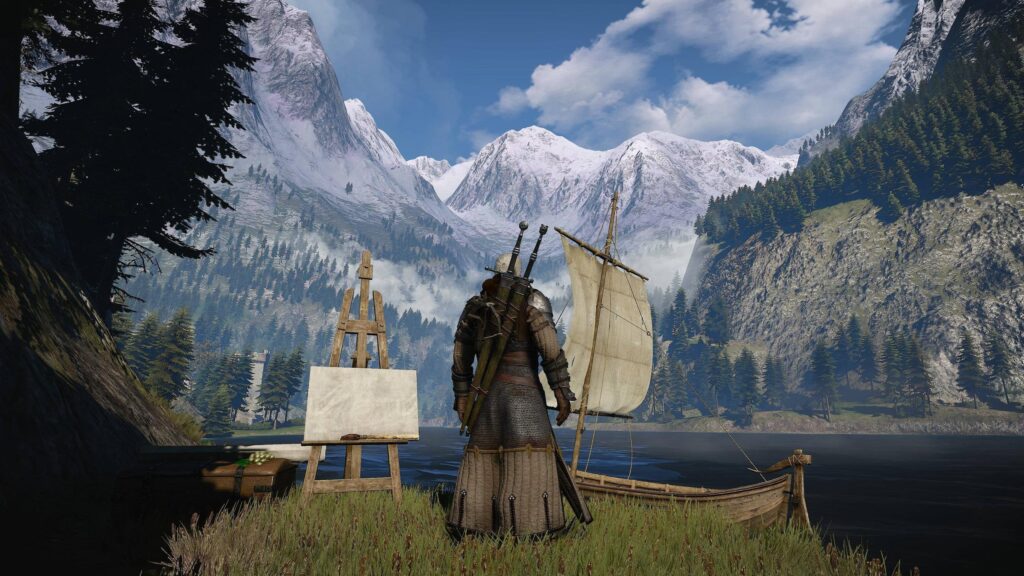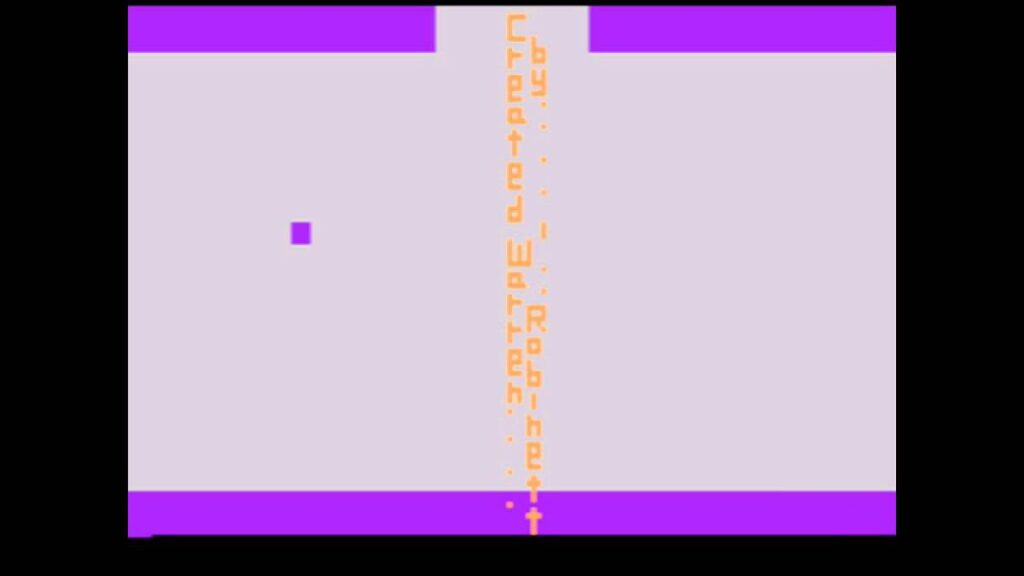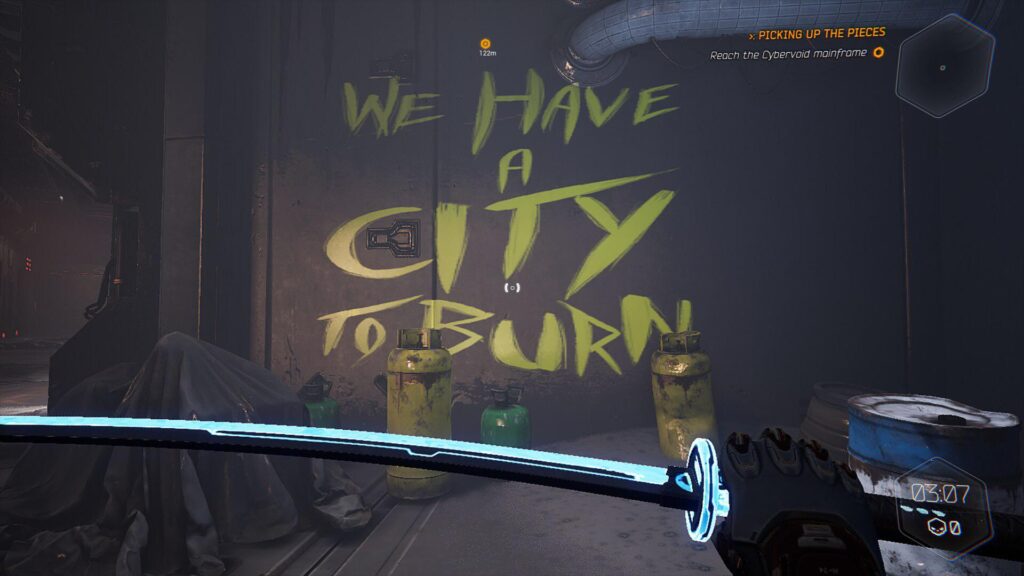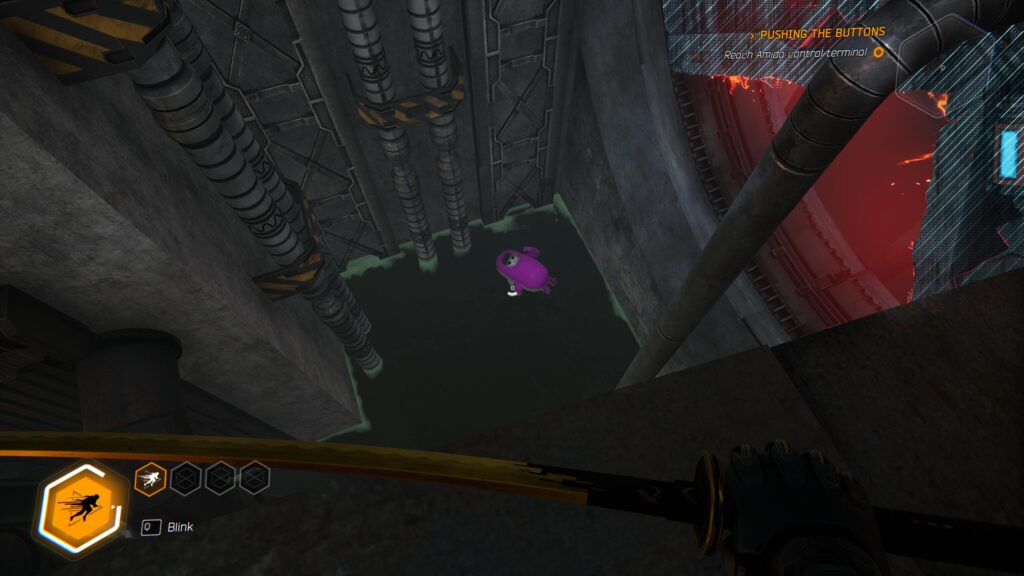On the hunt for Easter Eggs
Gamers love Easter Eggs, and we’re not just talking about the chocolatey kind. The digital version, so-called because they can only be “found” in certain highly specific contexts or after the completion of an often strange list of preconditions, has a history that starts in the early days of video games and runs right up to the latest and greatest titles out there.

An examination of the early days of Easter Eggs in video games first needs some clarification of the terms used. Secret messages, alternate graphics and variable, context-dependent content surprises were buried in games right from the start. As early as 1973’s Moonlander, programmers were adding little extras to be discovered by only the most determined players (in this case, a McDonald’s restaurant on the moon).
Throughout the rest of the decade, gamers could find other hidden extras in the dark corners of various titles, ranging from the initials of the programmers to entire unlockable game modes. The idea of Easter Eggs had begun but they didn’t have a proper name.
That didn’t come until Atari’s 1980 release of Adventure. That’s when a programmer inserted a special message—”Created by Warren Robinett”—that could only be discovered if the player was in a certain “forbidden” part of the game map and moved over one particular pixel, later known as the “Gray Dot”. Later, Robinett said his motivation for creating the message was the fact that developers and programmers were not credited for their work at the time and he felt he was not fairly compensated for a game that made millions for Atari.

Coming in the days of Atari’s explosive growth and mass audiences for games, Robinett’s sneaky addition quickly went from urban legend to the seed of a pop culture phenomenon that continues to this day.
After the Gray Dot story was picked up by the mainstream media, the term “Easter Egg” was first used to describe something that had already been a small part of video games for nearly a decade. The coming years would see the spread of Easter Eggs beyond their home medium into many areas of tech and pop culture.
Easter Eggs Everywhere
Initially, the spread of Easter Eggs was confined to the world of tech hardware and computer programming. Suddenly, non-gaming computer software programs had Easter Eggs, like a pinball game in the 1997 edition of Microsoft Word. Hardware items were the next to feature hidden rewards for those dedicated enough to look around, with computers, calculators and even microchips containing secret games, features and messages.
Once the idea of Easter Eggs crossed over into the cultural mainstream, they started appearing in new ways in new and different platforms. Comic books, DVD’s and filmed entertainment were full of quick shots of people, things and references that only true fans would appreciate. Easter Eggs were adapted from something you have to work hard to discover to something you have to catch a glimpse of before it disappears, but the idea is the same—an extra, deeper layer of meaning that’s only accessible to an elite club within the larger fanbase.

These days, it’s hard to find a big-budget film franchise that doesn’t have Easter Eggs. Avengers, Deadpool, Star Wars, Mission : Impossible, Indiana Jones—all these and more have them. Almost the entire Marvel Comic Universe has the same Easter Egg of legendary writer Stan Lee appearing in more than a hundred different film and television properties.
In fact, it’s probably fair to say that fans expect their favorite films to have Easter Eggs, especially if they’re set in a universe with established lore, characters and history. Spotting them is part of the fun and makes watching them over and over (and over again) a must for anyone who wants to brag of being a film “completionist”.
The book, and the hit film it inspired, Ready Player One was entirely based on the idea of someone searching a vast online world for an Easter Egg that would bring a fortune to whomever found it first. A film about a game about finding an Easter Egg brings us full circle.
A part of the gaming community
Coming back to video games, Easter Eggs have become a basic part of the community surrounding any title. Developers know that hidden extras spread throughout any new release is a great form of fan support and the perfect way to keep players playing. Go to any game forum and you’ll see tons of threads dedicated to discovering Easter Eggs.
Mega-smash hit Grand Theft Auto V alone has enough Easter Eggs to keep players busy enough to spend more time looking for them than they probably spent on the single player mode. As if The Witcher III didn’t already have enough content to keep players engaged for months, it’s full of little extras that players talk about endlessly on message boards.

In addition to offering players the thrill of discovery, Easter Eggs can bring gamers and game creators closer in other ways. They allow developers to add another layer of personality to their creations and share something about themselves with their audience. In this age of super-fandom, it’s exactly the kind contact many fans are looking for and appreciate when it’s offered.
Easter Eggs are a reward for the most committed players, a special “thank you for playing” message directly from the game’s makers. Sometimes it’s a simple, even ironic, message, like climbing to the highest point on a map to find a sign that says “No Easter Eggs here”. Other times it’s a simple reference to a piece of history in the game’s universe. Or it could even be an entire game-within-a-game, like when you unlock a special mode or level made for the most dedicated explorers.
Whatever the reward, the lure of undiscovered treasures will keep motivating players to look around every corner, scale every height and check every area that looks empty at first glance. More than forty years after they got a name, Easter Eggs are a favorite part of any video game.
Follow All in! Games to stay up to date